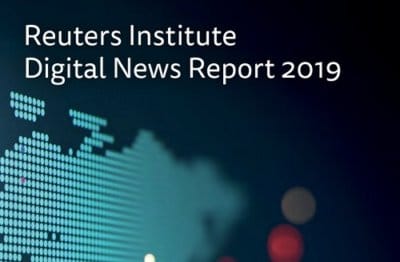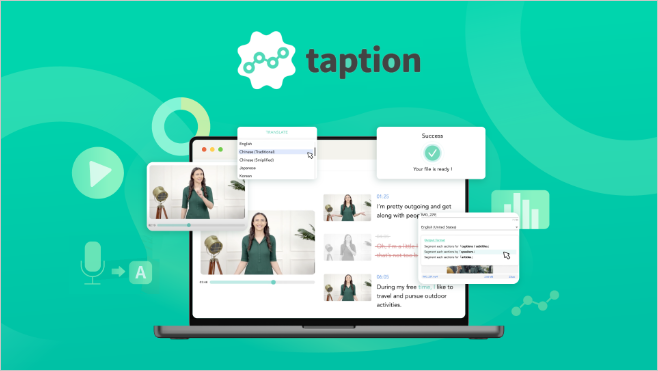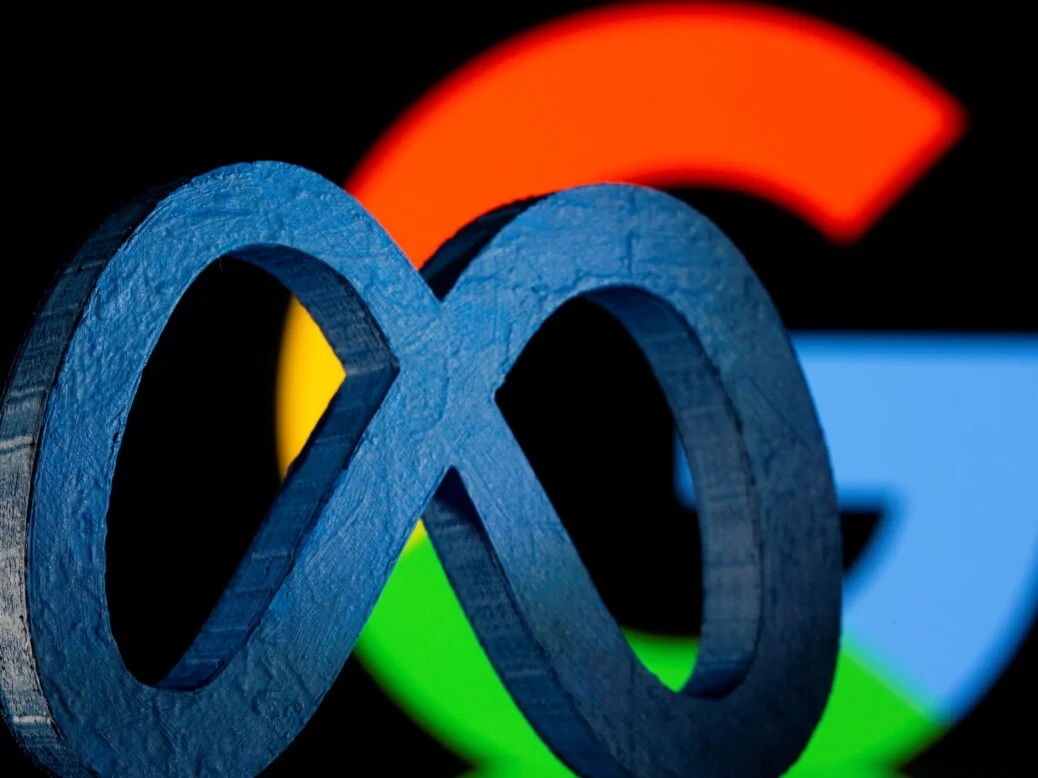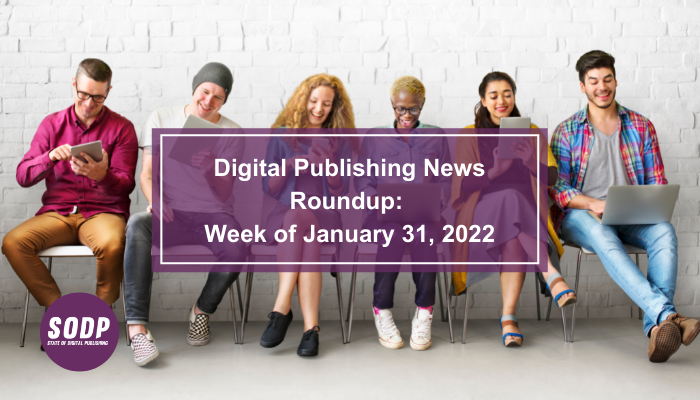What’s Happening:
Reuters Institute just released its Digital News Report for 2019, the most comprehensive ongoing comparative study of news consumption in the world, delivering important and timely data about the transition to digital on an international comparison basis. This year’s report, written by Nic Newman with Richard Fletcher, Antonis Kalogeropoulos and Rasmus Kleis Nielsen, offers a number of new insights into key issues affecting the current state of digital media, with deep analysis into areas such as:
- Consumers’ willingness to pay for news and the limits of the subscription
- Groups and private networks (are they time well spent?)
- The rise of populism, and its consequences for news media
- What consumers really think about the news media
- How younger generations consume news differently
- The who, what, why and where of podcats
The report is based on a survey of more than 75,000 people in 38 markets across the world, including South Africa for the first time.
Why it Matters:
“Journalism exists in the context of its audience,” writes Nielsen in the foreword to the report. “If journalists (and those who care about journalism) are to understand and navigate the changing environment around news, it is critically important that they have access to relevant, robust, independent evidence and analysis on how people across countries engage with and use news.”
Nielsen goes on to say that the 2019 report comes amid a complex set of challenges for the news industry, including the ongoing disruption of traditional business models, the constant evolution of how people use digital media, intensifying concerns about giant tech companies, and upheaval that’s resulted from low trust in the media and the rise of populism. These challenges have further depressed news media companies that are still reeling from more than a decade of digital disruption.
Platform power has further disrupted the industry, contributing to a series of high-profile layoffs at organizations such as Gannett, Mic and BuzzFeed. The growth of partisanship, clickbait and fake news misinformation has further undermined digital news publishing, raising new questions about how to deliver fair and balanced reporting in today’s digital age.
Digging Deeper:
Against this backdrop, the 2019 Digital News Report shows some real shifts of focus as news organizations increasingly look to memberships, subscriptions and other forms of reader revenue. Meanwhile, the “pivot to private” shift has affected how publishers and platforms communicate with their audiences and collect and utilize their data — all while audiences continue to embrace on-demand formats with excitement, particularly audio technologies such as podcasts and smart speakers.
Some of the key findings from the Reuters report include:
- Payments at a Standstill
Despite the efforts of news publishers, there has been only a small increase in the number of people paying for any online news, whether by subscription, membership or donation. News publishers must compete for these more attractive media subscriptions. Even in countries with slightly higher levels of paying readers (mainly Nordic countries), the vast majority still only have one online news subscription. On the bright side, these payments are now ongoing rather than one-time. The Reuter researchers suggest that this may be indicative that “winner takes all” dynamics are important. - Subscription Fatigue
Reuters sees subscription fatigue setting in, with many viewing news as a “chore” rather than something they really want to do. The majority of people prefer to spend their digital subscription money on entertainment, such as Netflix and Spotify, rather than news. - Friction and Barriers
Difficulty in the subscription process and paywall models continue to frustrate readers. As more publishers launch paywall models, more than half of the audience in many countries (including the United States and Norway) come across one or more barriers each week when attempting to read online news. - Social Media Habits
Social communication around news is becoming more private through messaging, rather than as public shares and comments. In many countries, people are shifting their time away from Facebook to other platforms such as WhatsApp and Instagram. Few users are abandoning Facebook altogether, however, and it remains the dominant social network. - Breaking News vs Explaining News
Overall, respondents feel that the media is much better at breaking news stories than they are at interpreting and explaining what’s happening. Almost two-thirds of people across all countries feel that the news media is good for keeping them up to date, but only about half say they are good at helping them understand the news. - Misinformation and Trust
The public’s distrust of news media and fears about misinformation remains high, despite efforts to build confidence. Across all countries overall, the level of trust in the news is down two percentage points to 42%, with less than half of respondents (49%) agreeing that they trust the news media, even that which they use themselves. This could present an opportunity for highly trusted news brands.
When asked whether they are worried about what is real and what is fake on the internet, people responded “yes” 85% of the time in Brazil, 70% of the time in the UK and 67% in the US. This fake news concern is much lower in some European countries, with only 38% in Germany and 31% in the Netherlands responding yes to the statement. - Populism Effect on News Media
Respondents with populist attitudes are more likely to get their news from television or Facebook, and have lower trust in news media overall. More people say they actively avoid the news this year than two years ago (32%), saying that it has a negative effect on their mood, makes them feel sad or angry, or that they feel powerless to change events. - Continued Importance of the Smartphone
The smartphone continues to grow in importance for news, with two-thirds of people using their devices to access news weekly. Mobile news aggregators such as Apple News are becoming a more significant force, and smartphones have also been driving the popularity of the podcast, especially among younger users, as it is the most used device (55%) for podcast listening. - Emerging Voice Technologies
More than one-third of respondents overall (36%) reported listening to at least one podcast over the prior month, but for people under 35, that number jumped to 50%. Use of voice-activated smart speakers continues to grow at a rapid pace, rising from nine to 12% in the US, from seven to 14% in the UK, and from four to eight per cent in Australia. Using these devices to consume news, however, remains low across all markets.
The Bottom Line:
In the last year, more publishers have added paywalls and subscription/membership schemes and reported increases in digital subscriptions, but the Reuters data suggests that this has yet to have a significant impact in revenue. The only countries that have seen substantial growth in this area are Norway and Sweden. While the research shows a slight increase in online payments in some countries, in general, there has been little change over the past six years. Most people are not prepared to pay for online news, and the trends that Reuters sees shows this unlikely to change anytime soon.
This reader reluctance to pay, along with the dominance of a few large global brands and platforms such as Facebook, suggests that most news publishers may need to look at alternative models or view subscription as just one part of a more diversified revenue strategy. This diversification, journalistic reputation and smart strategies will be critical for success — or even survival — for most brands.
Content from our partners
“A number of media companies are unlikely to make this difficult transition,” the report states. “Many news publishers are stuck in a vicious cycle of declining revenue and regular cost-cutting, as illustrated within our country page section this year. Media users all over the world continue to flock to digital websites and platforms and engage with many kinds of journalism online and offline. But we are still some way from finding sustainable digital business models for most publishers.”













